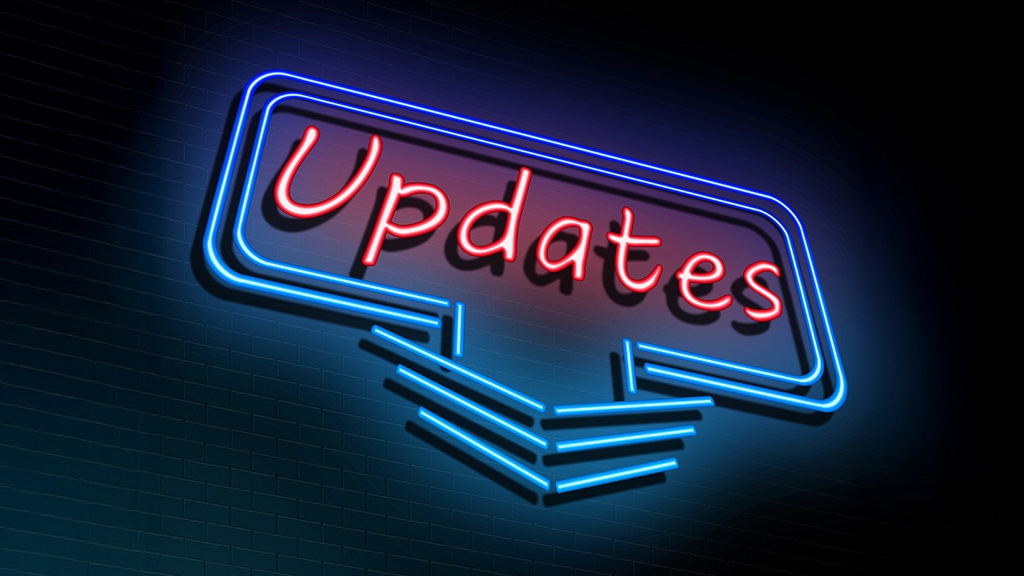Tbe past three years were a catalyst of change for the retail industry. A convergence of forces, including supply chain disruptions, the Great Resignation, inflation, new consumer behaviors, and silos of legacy systems, forced businesses to rethink their strategy. The key is to look for vigilant management responsiveness, embrace automation and explore the benefits of ERP integration to stay ahead of the curve.
While many retailers accelerated digital transformation to adapt to the evolving business landscape, they haven’t used the right tools and tech stack to achieve operational excellence. One such solution that has proved to be instrumental in propelling business efficiency is Enterprise Resource Planning (ERP).
Tag along as we explore how forward-thinking retail businesses can leverage ERP to streamline their business operations and gain a competitive edge.
Enterprise Resource Planning in Retail: A Brief Overview
The core function of an ERP is to consolidate all software used throughout a business into a unified suite to manage end-to-end business operations. An ERP normally covers business areas including: product planning, costing, service delivery, marketing and sales, inventory management, shipping, and payments.
An ERP system used in retail differs from a traditional ERP. It’s designed to handle specific business processes of omnichannel or multichannel retailers. With retail ERP services such as Microsoft Dynamics 365 ERP, retailers can streamline, automate, and manage front and back-end business operations and become more agile.
Benefits of ERP Integration: 6 Ways Retailers Can Optimize Business Operations
1. Build Resilient Supply Chain Operations
Evolving consumer preferences, changing trade conditions, tightening industrial regulations, and sustainability requirements alongside rapid tech advances were already forcing retailers to rethink their supply chains. When the pandemic hit, supply chain woes exacerbated. A survey by the Institute For Supply Chain Management revealed that 75 percent of all companies are experiencing supply chain disruptions due to COVID-19.
In response to these challenges, retailers must develop agile supply chain management strategies. Which includes implementing an ERP system. This solution automates tedious tasks from demand forecasting, procurement, and inventory management to end-customer product delivery. It helps build a resilient and intelligent supply chain that can be monitored and managed from anywhere. Your team will have access to critical information for optimizing products, avoiding delays, and responding to opportunities and roadblocks as they arise.












